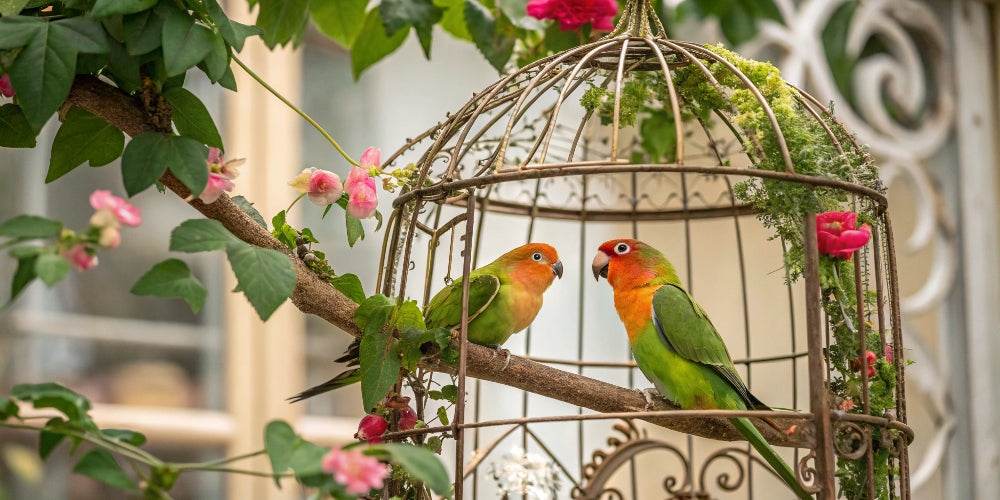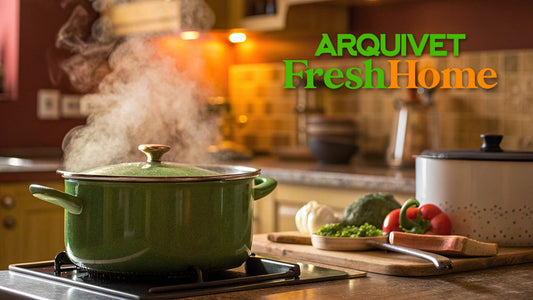
5 tips for caring for your bird at home.
Today, birds have become one of the most popular pets to have at home. But, as with other pets, it's important to have a set of responsibilities and routines that allow you to care for them properly.
For this reason, in this article we'll give you some tips so you can properly care for your bird at home.
The cage How to choose the best cage for my bird?
The cage must be a nice and comfortable place. To do this, the interior space must be large enough for the bird to spread, flap, and move its wings without touching the bars. It is advisable to incorporate some elements inside your bird's cage, such as poles or bars to lean on. You can also add accessories that encourage entertainment, such as ladders, swings, or chew toys.
Feeding. How do I choose my bird's diet?
Bird food is an important aspect when caring for a bird at home. If you offer a adequate and balanced menu By feeding your bird, you'll be bringing comfort and well-being to their home. It should be a varied and well-balanced diet, including carbohydrates, proteins, fats, and vitamins. For this reason, you can complement seeds and grains with fresh, natural fruits and vegetables. In Arquivet We offer a wide range of natural products for birds. We focus on offering healthy, high-quality food, providing the nutrients and vitamins your pet needs.
Check that it has clean and fresh water in their water bowl every day. Remember to change it daily to prevent insects from appearing.
Cleaning. How should I maintain my bird's space?
Birds are very clean animals. They like to bathe and play in the water. It's also important clean and disinfect your cage often to prevent infections and parasites. Good hygiene is key to keeping your pet healthy. At Arquivet, we recommend adding a piece of newspaper to the cage tray to prevent it from getting dirty.
The environment. What is the ideal space?
The location also influences your bird's quality of life. It is ideal to have the cage in a quiet and well-lit place, with an outdoor view and natural light. Avoid placing it in noisy spaces, such as near the television. Constant noise can cause stress and difficulty resting. We also recommend keeping it away from the kitchen, as the fumes can be harmful to your bird's health. Find a spot free of drafts and extreme temperatures. Avoid overly dry environments, as most birds require a certain level of humidity.
Routine care: How to trim the beak and nails?
In order to maintain the safety and well-being of your bird, it is necessary to carry out a series of routine careA responsible attitude will make your pet have better skills. First, do some research and choose a veterinarian specialized in birds. We recommend that you have a trusted place to go in case of an emergency. You'll also need to make regular visits to the vet to make sure your bird is healthy.
When their nails are too long, they often have difficulty maintaining balance and stability. For this reason, if your cage doesn't have a rough bar or pole, you'll need to cut his nails Carefully trim your pet regularly. Just like nails, a bird's beak can grow too long, preventing it from eating properly. It's best to take your pet to a professional veterinarian to avoid injury.


